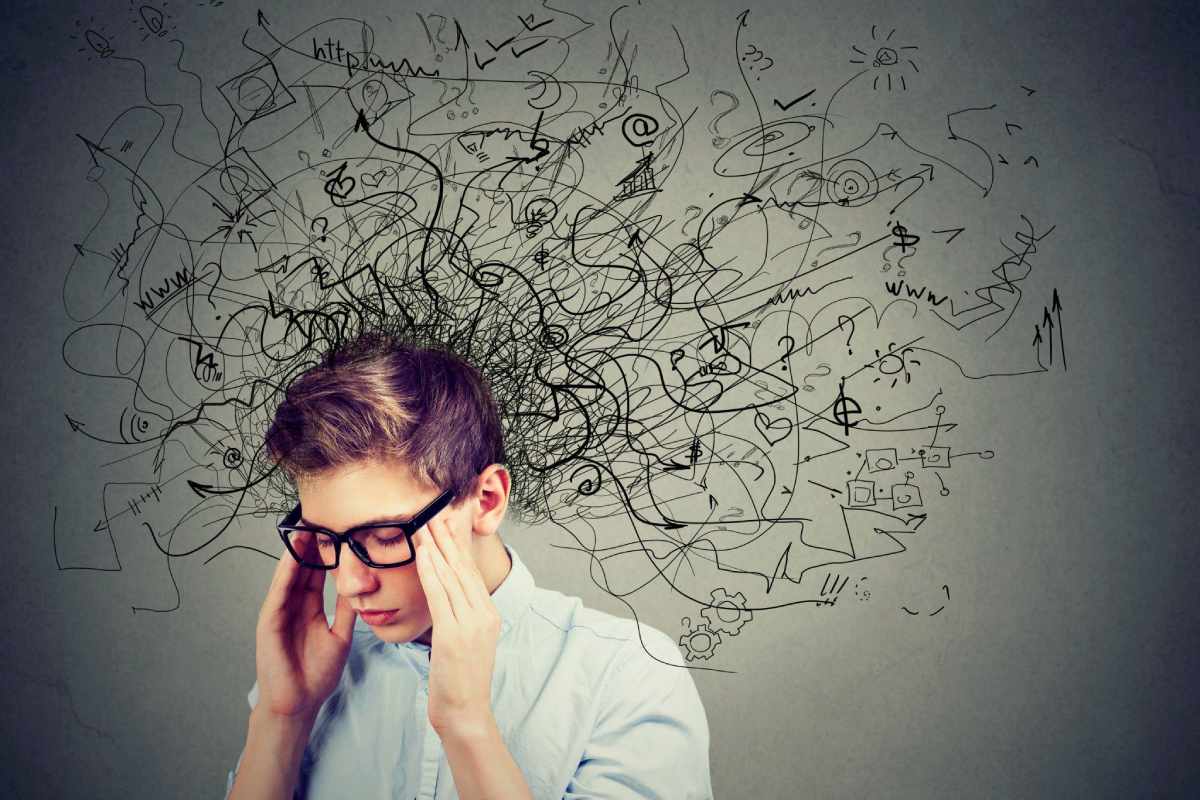Addiction and mental health can go hand-in-hand. People suffering from various disorders may be using drugs to self-medicate from the symptoms. This can lead to fatal consequences later on.
When you’re diagnosed with a mental health disorder and an addiction, both can be treated at the same time. This is known as a dual diagnosis. If you are looking for the best help, you can find a place that will focus on mental health and addiction.
This information via Epiphany Wellness can be a huge help. Let’s discuss further about why recovering from mental health issues can benefit your addiction treatment.
Table of Contents
Treating both disorders will be more effective
When it comes to dual diagnosis, it’s important that both a mental disorder and addiction issues need to be addressed. There can’t be one treatment for a disorder while the other goes ignored. When this happens, it will make addiction treatment a lot more challenging.
During this treatment, they will need to attend regular therapy sessions. They will have a counselor for their addiction treatment. There will be a separate one that will specialize in your mental health disorder.
You shouldn’t visit a therapist that wears different hats at the same time. You want to see therapists that focus on certain areas. This will make the treatment process more precise and effective.
With regular talk therapy and medication treatment for mental disorders, it will make things more manageable. To that end, it will also clear a path for you to continue your addiction treatment. No matter how long it takes, you can be sure that you’ll be in the best hands with professionals who will take care of you.
You’ll receive compassionate care from people who will be available 24/7. If you are dealing with a dual diagnosis, you will likely end up being treated in an inpatient facility. This can be due to the likelihood of mental health episodes and also withdrawal symptoms that may occur.
Addiction treatment can be a stressful process
Mental disorders and stress won’t go together well. It can even exacerbate some of the symptoms that you deal with on a regular basis. Even to the point where you may have an episode.
This is one more reason dual diagnosis treatment is a must. If a mental disorder is manageable, there is a lesser chance for episodes. Continue to follow the treatment process.
Addiction treatment can be a string of good days or bad days. But you have it within you to handle it all. You’ll look back and be thankful that the pain you’ve dealt with has only made you stronger.
Mental disorders that go unchecked lead to relapse
One of the key objectives for addiction recovery is preventing a relapse. If a mental disorder goes unchecked, this can increase a person’s chances. Relapses can lead to fatal consequences.
To better explain this, if a person goes without a certain drug for an extended period, their tolerance level will lower. They won’t be aware of this.
So they may indulge in a drug of their choice with the dose they were accustomed to. However, it can lead to an accidental overdose, which can be fatal. They might not be in the right frame of mind due to their mental disorder.
So they operate on the behavior that they use a drug to help them treat their mental disorder. This should not be the best approach at all. Mental disorders that are under control can lead to a lesser chance of relapse.
You’ll be more aware of the situations where a relapse can be triggered. However, you’ll be in the right frame of mind to know what’s going on.
Mental health disorders pre-exist most addictions
It’s true that mental health disorders will pre-exist addiction. It doesn’t have to have a prior diagnosis. These can be diagnosed along with the addiction itself.
They may have experienced symptoms and have never received a formal diagnosis for whatever reason. They may have refused help in the past or have received care that was not adequate enough.
If a mental disorder is diagnosed and no addiction exists, treating it will be important. They will be on medication prescribed by a mental health professional. They should be able to use it without having to resort to any kind of drugs or other substances.
Contrary to popular belief, long-term drug use does not cause or develop mental illnesses. The reason for this is that the short-term or long-term symptoms of certain drugs can cause issues in the brain. This can include but not limited to psychosis, hallucinations, paranoia, and irritability among others.
Drug use can amplify a mental health disorder. It can get to a point where they may have an intense episode. Which means that they may harm themselves or even commit suicide.
It’s important that your mental health is a priority along with beating your addiction. If you have been diagnosed with an addiction, it is important to disclose that you have a mental disorder. When an evaluation is being done, you need to be truthful.
That’s because they need an accurate enough diagnosis in order to put together a treatment plan for you. Failure to disclose this will lead to issues regarding your addiction treatment. The last thing professionals need to find out is an ineffective treatment due to a mental health issue that you never disclosed previously.
Final Thoughts
Mental health and addiction are two serious issues. They can both be treated at the same time. Make sure that none of them go untreated.
When these two disorders are taken care of at the same time, it will make the process easier. You may run into mental health issues that may get in the way of the addiction treatment. This can make the recovery process difficult.
Don’t take any chances. If you need help for your mental health and addiction, get it as soon as you can.

